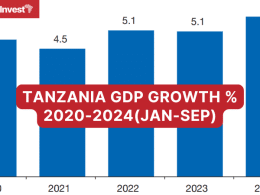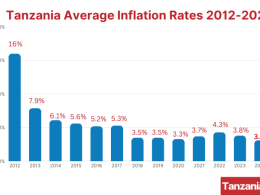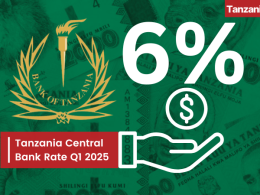EY Tanzania will hold a training on Tax Compliance on 12th May 2016 at the Sea Cliff Hotel in Masaki, Dar Es Salaam. The training will cover general tax compliance requirements, in particular with regards to the annual income tax return and hot topics such as the recent TRA’s decisions, appeals and tax audits by TRA.
This training will grant 8 CPE hours and is aimed at Chief Financial Officers, Finance Directors / Managers, Accountants, Lawyers, Tax Managers, etc.
The training fee is USD 250 + 18% VAT per person which includes Certificate of Attendance, meals and event package.
For additional details and registration contact:
Adella Macha | Senior Administration | CBS
Ernst & Young
Tanhouse Tower (4th Floor)
Plot No. 34/1, Ursino South
New Bagamoyo Road
Dar es Salaam, Tanzania
Office: +255 22 292 7868
adella.macha@tz.ey.com
http://www.ey.com/TZ











